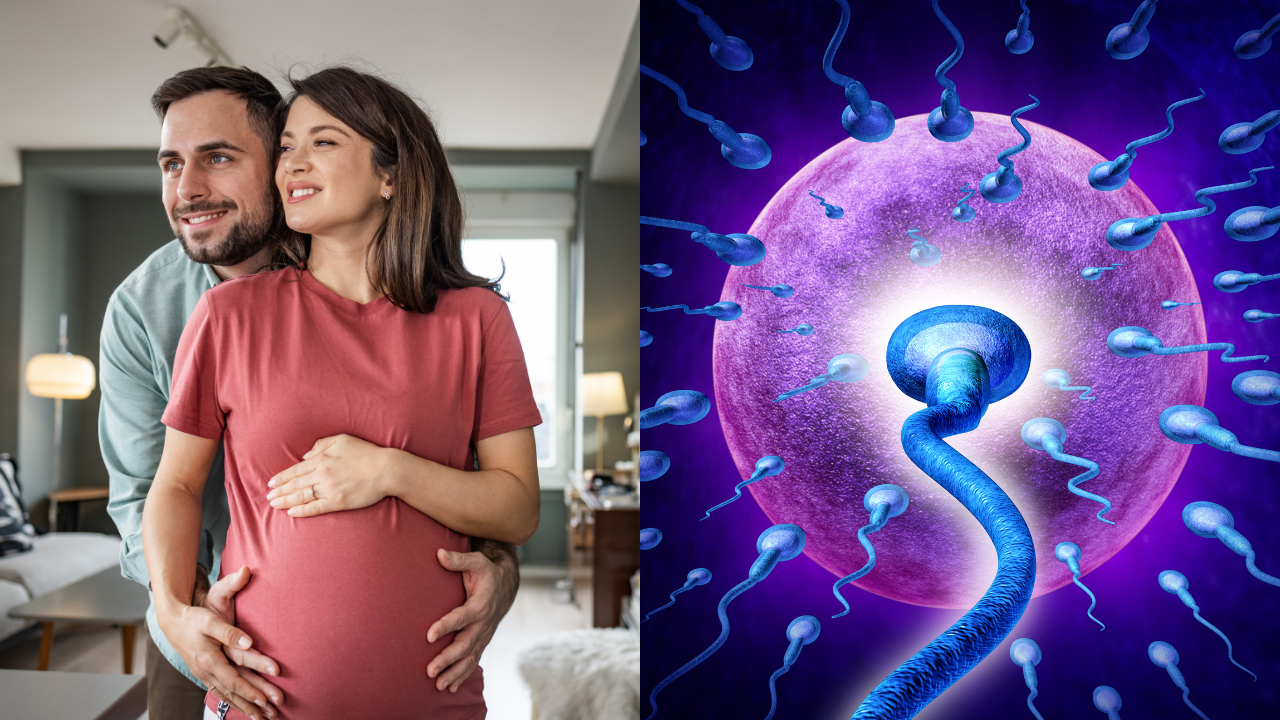Egg Freezing Demystified: How Many Eggs and Cycles Does It Take?

Credits: Canva
SummaryEgg freezing offers women the option to pause their biological clock, but two key questions loom: how many eggs to freeze and how many cycles it may take. The answer depends on age, ovarian reserve, and reproductive goals.
End of Article
